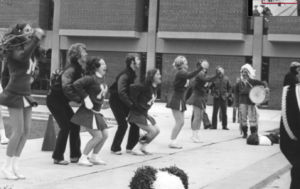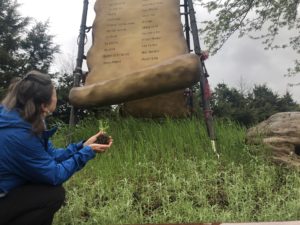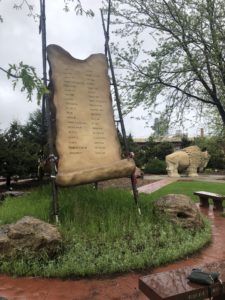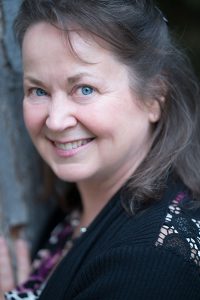My eyes widened and my jaw dropped when I learned about the Mankato Hangings of 1862. At a drum making circle near Seattle, I learned that the largest mass execution in America’s history happened in the same city where I got my four year college degree.
I was a cheerleader at Mankato State University in 1977 when we were told that our mascot was being changed from an Indian to a Maverick. My cheerleading friends and I were disappointed about the change but at the time, we didn’t think to ask why.
Our football stadium was right down the road from where 38 Native Americans were hung and people came from miles around to witness. None of this was in our history books.
I learned from the drum making leader how offensive it is to Native people to see an Indian mascot parading around the football field with a large feather headdress playing a snare drum.
Now that I know about it, I’m beginning to understand this deeper shame that’s been ever-present in my psyche. I feel a responsibility to understand both sides and repair the damage done by my people.
With the help of a friend, I drove from Seattle to Minnesota to the site of the hangings. After being on the road so long, I needed to ground. I needed to feel some good healthy dirt. At the St. Peter Coop, I took my soup, salad, and a potted parsley plant to the checkout aisle.

I ate the leaves with reverence and gratitude, held the dirt and the root structure in my hands at Reconciliation Park.
I said Ho’oponopono prayer of forgiveness as I read the names of the Native Americans on the plaque. I let the dirt spill through my fingers on the ground below.
After some quiet time and allowing myself to feel remorse for both sides of such a tragic event, I felt a little lighter.

The trickle down trauma of unresolved issues from our ancestors is our inheritance. Small steps are key to avoid the feelings of overwhelm. Colonialism is still in me. I look for where I take without considering others. Where I make non-consensual decisions. With greater awareness, acceptance and forgiveness we can heal the past.
Learning both sides to a story and moving from the right/wrong survival mode to a more inclusive way of living is the theme of my one woman show. Acting out my father’s character in These Roots Go Deep allows me to experience what life was like for him.

In the polarized world we live in it’s more important than ever to listen to each side. I have hope as I see what’s happening in Minnesota and across the United States with reconciliation projects springing up in unexpected places. Being heard and accepted is everyone’s birthright.


